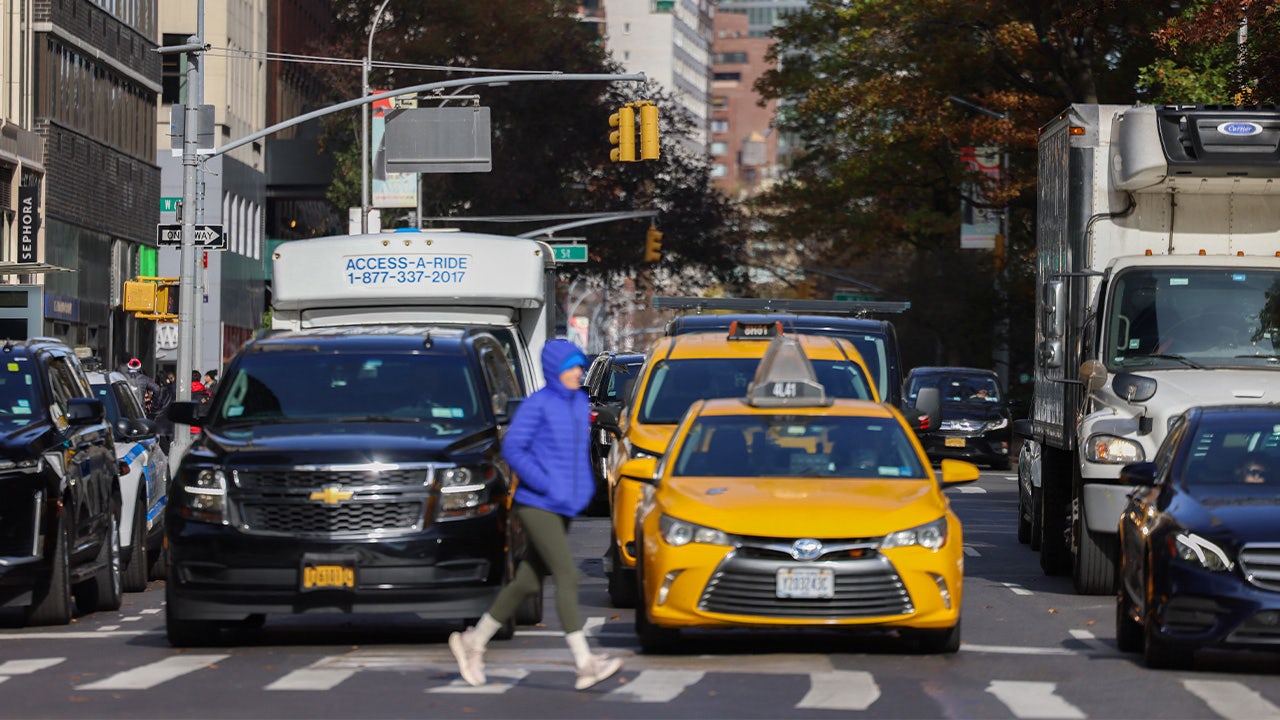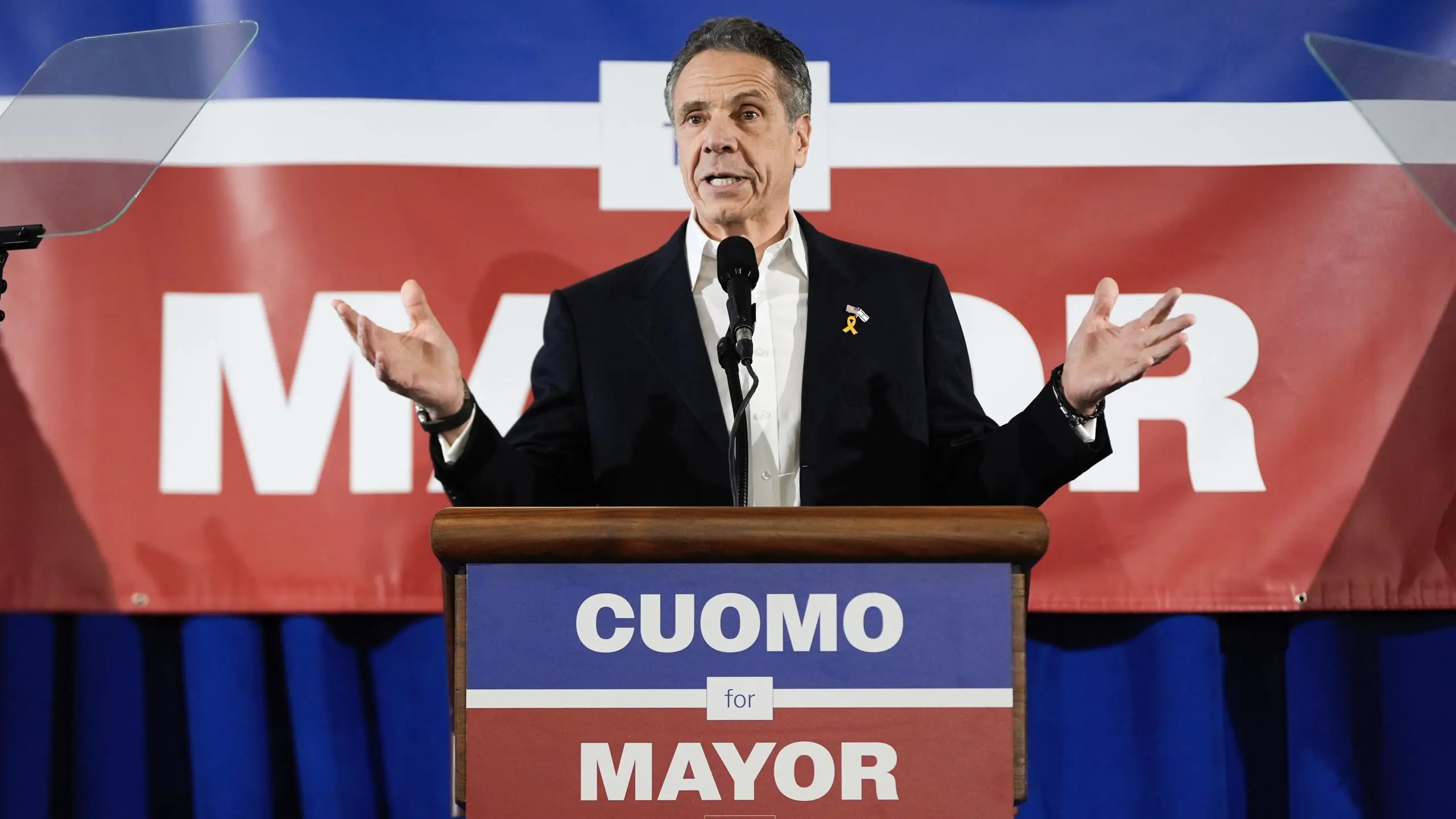Summary:
Judge rejects lawsuits to block NYC's congestion pricing plan, clearing the path for a January 5th launch.
The plan, supported by the MTA, aims to reduce traffic and improve air quality by charging drivers to enter Manhattan's central business district.
Opponents, including the United Federation of Teachers and Staten Island Borough President Vito Fossella, argue the plan's harms outweigh its benefits and are pursuing further legal action.
The judge cited studies showing congestion pricing would reduce traffic and improve air quality.
Legal challenges persist in Newark, New Jersey, and the possibility of intervention from President-elect Donald Trump remains.
NYC Congestion Pricing: Judge Clears the Way for January Launch
A federal judge has dismissed lawsuits aiming to halt New York City's congestion pricing plan, paving the way for its January 5th launch. This controversial plan, championed by Governor Kathy Hochul, aims to alleviate traffic and improve air quality by charging drivers to enter Manhattan's central business district.
While the judge cited studies supporting the plan's economic and environmental benefits, opponents remain defiant. Groups including the United Federation of Teachers, New Yorkers Against Congestion Pricing Tax, the Trucking Association of New York, and Staten Island Borough President Vito Fossella filed lawsuits, arguing the plan's potential harms outweigh its advantages.
Key Players and Their Arguments
- Supporters (MTA): Highlight reduced traffic, improved air quality, and benefits for both drivers and transit riders.
- Opponents: Raise concerns about increased costs for drivers, particularly those commuting from outside the city (like New Jersey and Rockland County). One New Yorker, Dennis Collins, expressed worry about the financial burden it would place on him due to frequent trips across state lines.
Although the judge rejected these initial challenges, legal battles continue. Staten Island, for one, plans to appeal, citing potential violations of environmental regulations and interstate commerce laws. The outcome of ongoing cases in Newark, New Jersey, and the potential for further intervention from president-elect Donald Trump remain wildcard factors.
What's Next?
Despite legal roadblocks, the likelihood of stopping the congestion pricing plan remains low, after similar challenges were rejected in White Plains. The ongoing debate highlights the complex balance between economic development, environmental concerns, and the needs of drivers and residents. The impact of this new system will undoubtedly shape New York City’s future, affecting traffic, air quality, and the financial lives of many.









Comments
Join Our Community
Create an account to share your thoughts, engage with others, and be part of our growing community.